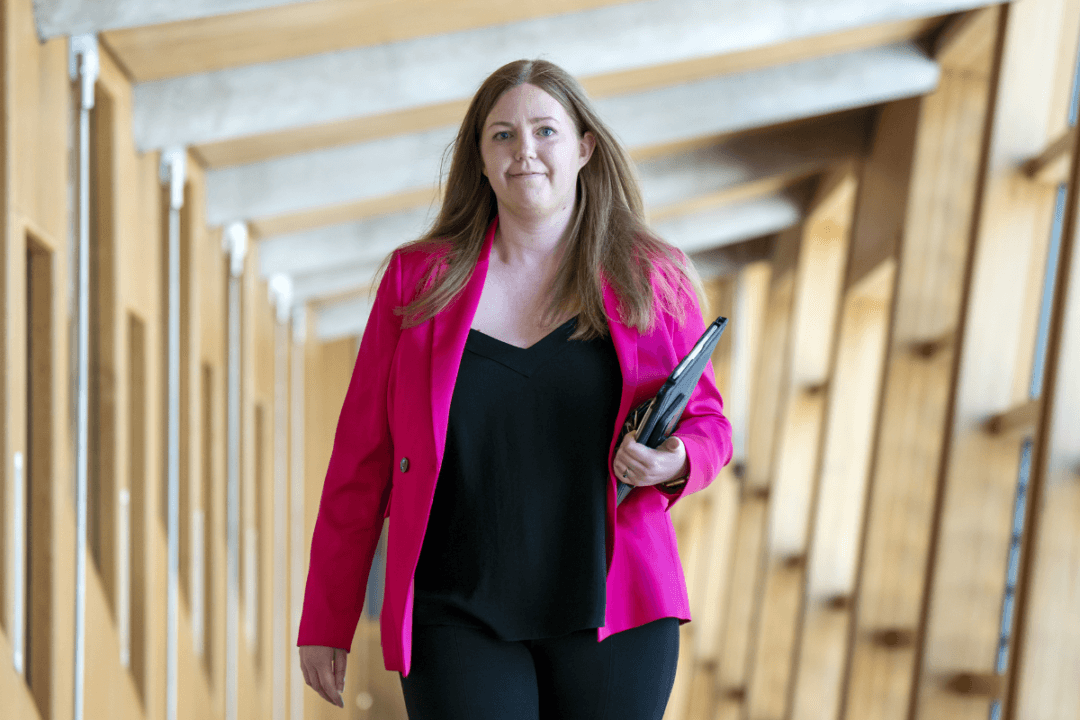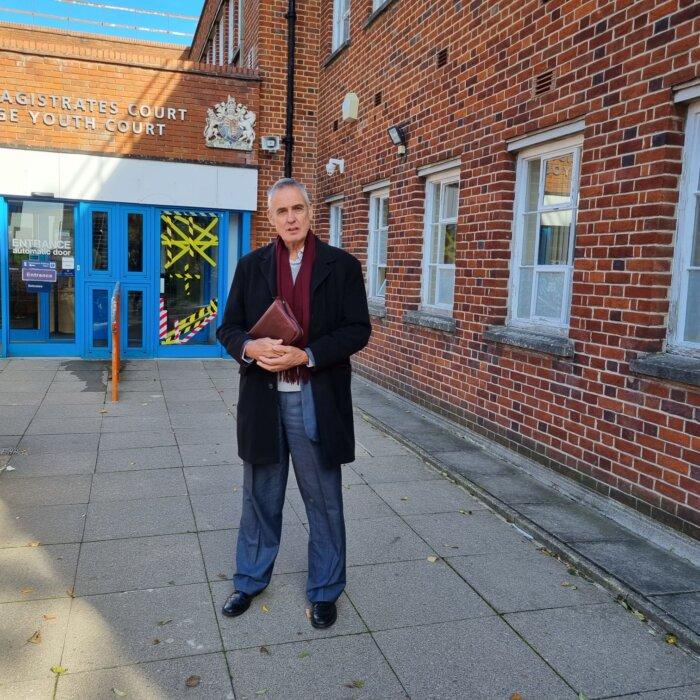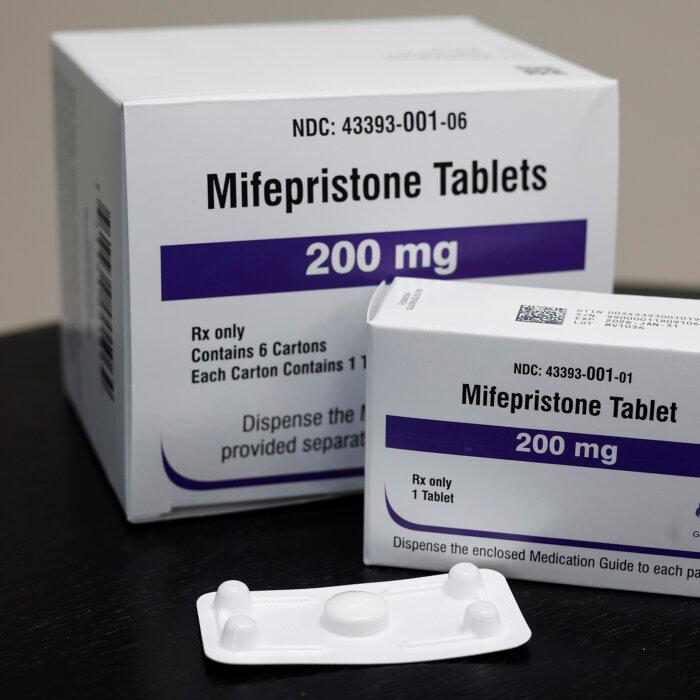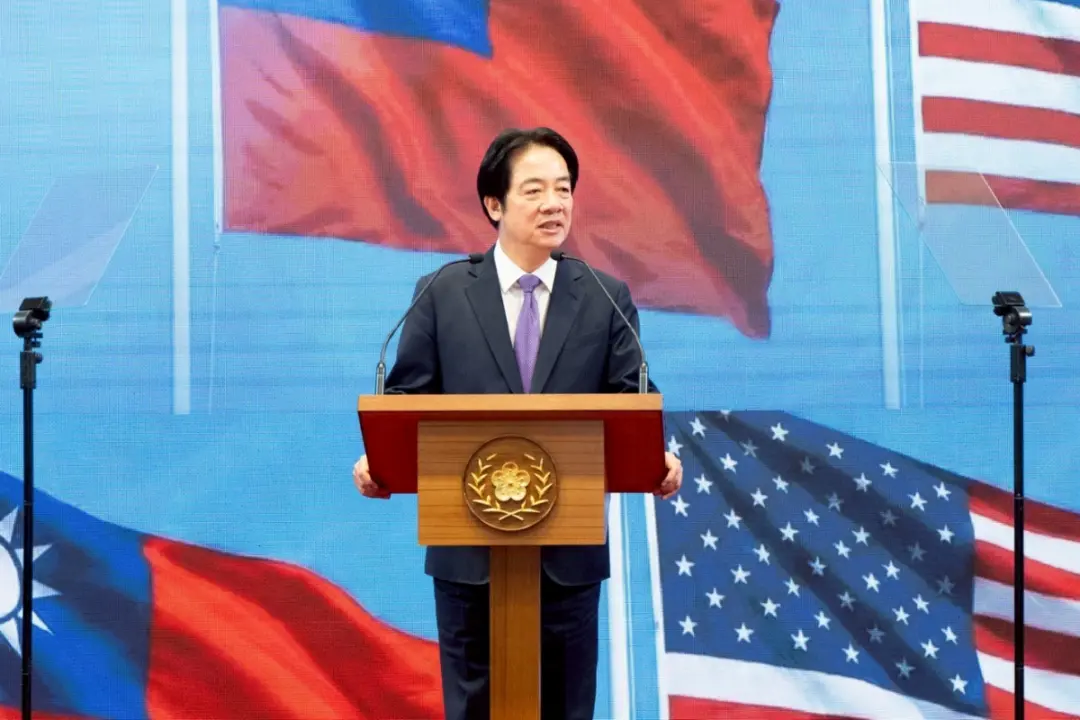Members of Scottish Parliament (MSPs) have backed legislation to introduce buffer zones around clinics performing abortions, preventing vigils, protests, and other pro-life activities within their vicinity.
On Wednesday, MSPs voted in favour of the Abortion Services (Safe Access Zones) (Scotland) Bill, 118 votes to one. The legislation, brought forward by Scottish Green MSP Gillian Mackay, will see 200-metre zones set up around approximately 30 sites across the country.
Ms. Mackay said the bill was about “protecting women’s access to healthcare.”
“Today’s vote means never again should a woman have to be stripped of her dignity, privacy or emotion in opting to have an abortion,” the Scottish Green MSP said.
‘Dark Day’ for Scotland
In response to the bill passing, the Society for the Protection of Unborn Children (SPUC) called it a “dark day” for Scotland, saying the move would impact free speech and introduce “thought crime” into the country.Mr. Robinson said that by Holyrood voting in favour of the measures, “MSPs have trampled on at least four European Convention of Human Rights and have introduced thoughtcrime into Scottish society.
“Scotland has taken a colossal step backwards for civil liberties and has established itself as the most illiberal and anti-free speech nation in the Western world.”
The SPUC executive director said that the bill is “highly likely to breach protected human rights” and would be “challengeable in a court of law.”
Concerns Over Silent Prayer
The issue of silent prayer in the vicinity of abortion providers was raised throughout the debate and during the scrutiny of the bill, with some MSPs and witnesses expressing concern over potential criminalisation of the act.On May 28, Conservative MSP Jeremy Balfour asked whether as the bill was written it would result in parliament “policing thought,” questioning, “Do we really want to infringe on religious freedom in this way?”
Ms. Mackay had argued that the bill does not criminalise silent prayer or thinking, “but what you are doing and the effect that has on others.”
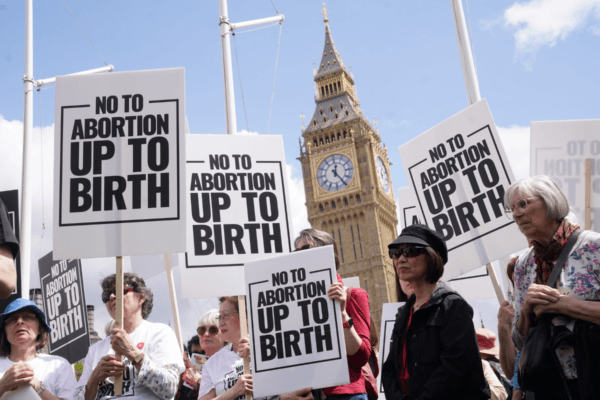
The Green MSP had said, “If nobody knows someone is praying, and nothing in their conduct is capable of having the effects on women or staff that this Bill seeks to prevent, then it is unlikely that any offence could be committed.”
But she added, “If someone stands silently praying for a long time, deliberately looking at women accessing an abortion clinic, or for example with a sign, then they may be committing an offence.”
Arrested for Silent Prayer
The bill brings Scotland into line with the rest of the UK, where a similar law was passed by the devolved government in Northern Ireland in 2023, called the Abortion Services (Safe Access Zones) Act (Northern Ireland).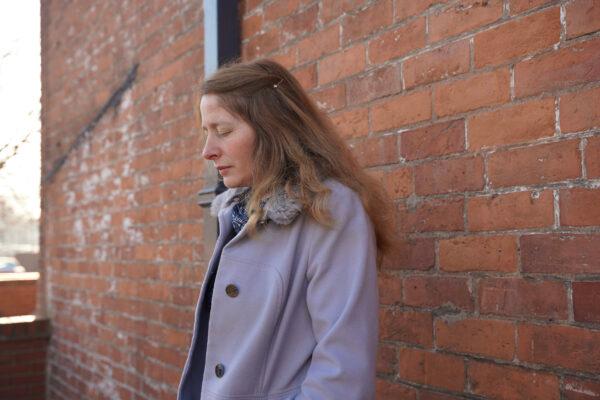
The legal organisation supporting Ms. Vaughan-Spruce, ADF UK, said at the time that the increase in buffer zone legislation and orders “is a watershed moment in our country.”
Jeremiah Igunnubole, legal counsel for ADF UK, continued: “We must ask ourselves whether we are a genuinely democratic country committed to protecting the peaceful exercise of the right to freedom of speech. We are at serious risk of mindlessly sleepwalking into a society that accepts, normalises, and even promotes the ’tyranny of the majority.'”
